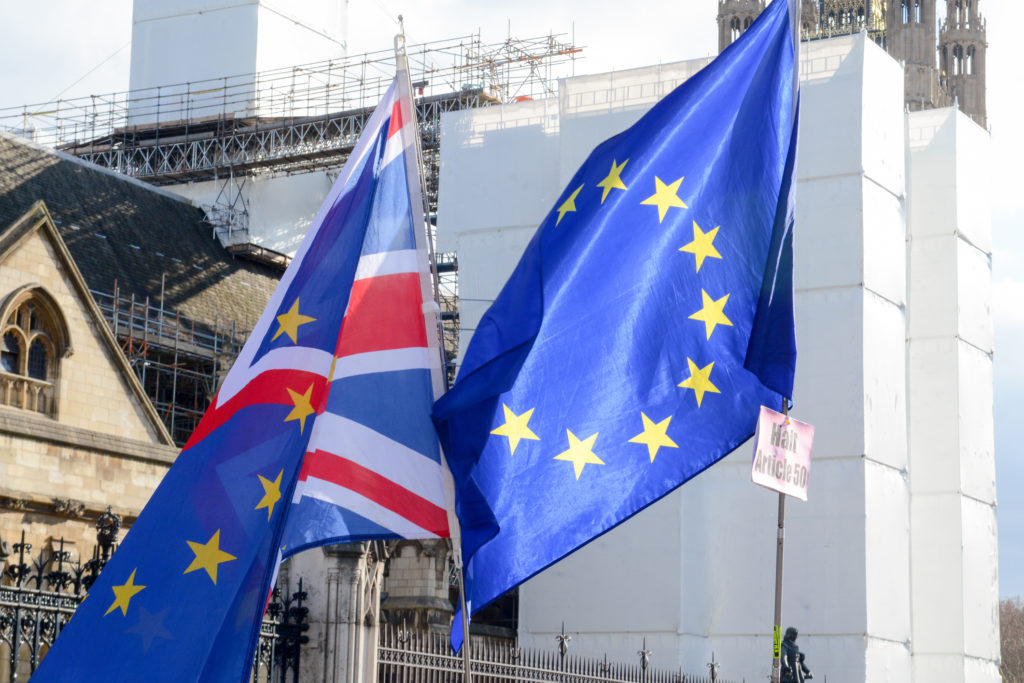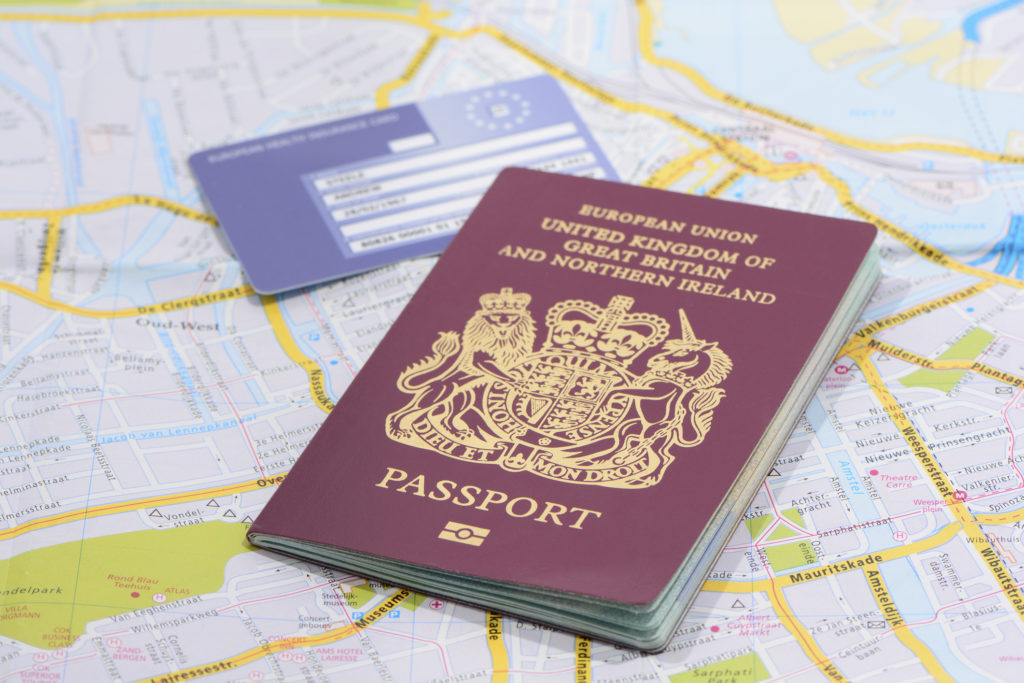In the wake of the historic Brexit decision in 2016, an unforeseen wave of nostalgia has engulfed the British populace, casting a longing glance across the English Channel. As the United Kingdom navigates uncharted waters in the post-EU era, many Britons are craving a return to the familiar embrace of the European Union. This article explores the factors behind this resurgent Europhilia and the evolving British identity in shifting geopolitical realities.

The Lure of Continental Connection
At the heart of this renewed affinity for the EU lies the undeniable pull of shared history, culture, and values. The British Isles may be physically separated from the mainland, but they have been connected to the continent for centuries through trade, migration, and shared intellectual heritage. As the UK becomes increasingly isolated, many Britons are experiencing a newfound appreciation for the interconnectedness that the EU symbolises.

Economic Realities and the Promise of Prosperity
The economic consequences of Brexit have been a significant driver of the desire to rejoin the EU. Many Britons feel the pinch as trade barriers have emerged and businesses have struggled to adapt. The economic stability and the promise of prosperity the EU membership once offered seem more attractive than ever. The allure of the Single Market and the customs union beckon like a siren song, pulling at the heartstrings of those who dream of a better economic future.
The Melting Pot and the Charm of Diversity
The European Union is a melting pot of diverse cultures, languages, and traditions – a veritable treasure trove of experiences waiting to be discovered. Many Britons now find themselves yearning for the days when hopping on a train or a plane could transport them to a new world in hours, with no passport checks or visa worries to dampen their wanderlust. The freedom of movement that EU membership provided is sorely missed, and the prospect of rejoining the European family sparks dreams of limitless possibilities.

A United Front in an Uncertain World
In an increasingly interconnected and unpredictable global landscape, the appeal of the EU as a united front cannot be understated. From climate change to international security, there is a growing awareness that cooperation and collaboration are essential to addressing the challenges of the 21st century. Many Britons now recognise the value of being part of a larger collective capable of pooling resources and expertise to tackle the problems that transcend national boundaries.

The Reinvention of British Identity
Ultimately, the desire to return to the EU is tied to a deep-seated yearning to redefine the British identity in a rapidly changing world. No longer the empire upon which the sun never sets, the United Kingdom grapples with its role in the modern global community. Rejoining the EU offers a pathway to a future where Britain is an integral part of a shared European destiny rather than an isolated island adrift in the currents of history.
The revival of EU love among Britons is a fascinating development that speaks to the enduring allure of continental connection, the promise of economic prosperity, and the importance of collective action in an uncertain world. Whether or not Britain ultimately finds its way back to the EU, one thing is sure: the British Isles will always be drawn to the magnetic pull of its European neighbours, united by history, culture, and a shared vision for a better tomorrow.
Recent polls suggest that 65% of British voters would like a referendum on rejoining the EU in the next parliament. This comes alongside other recent polls indicating that 56% of voters who voted to leave would now vote to rejoin the EU.





